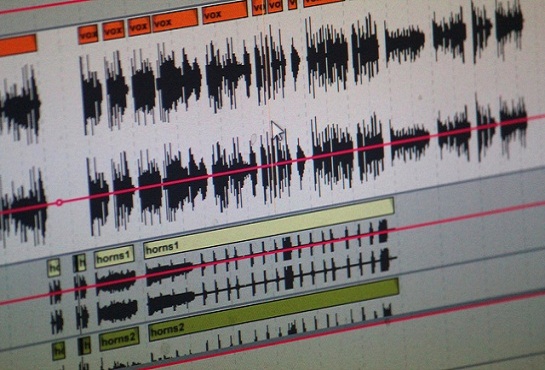Are your voiceover samples worth listening to?
We keep on writing on this aspect because is so important to optimize chances of getting hired.
Well to help put you in perspective, here is a short story:
A turkey was chatting with a bull. “I would love to be able to get to the top of that tree,” sighed the turkey, “but I haven’t got the energy.”
“Well, why don’t you nibble on some of my droppings?” replied the bull. They’re packed with nutrients.”
The turkey pecked at a lump of dung, and found it actually gave him enough strength to reach the lowest branch of the tree. The next day, after eating some more dung, he reached the second branch.
Finally after a fourth night, the turkey was proudly perched at the top of the tree. He was promptly spotted by a farmer, who shot him out of the tree.
Moral of the story:
Bullshit might get you to the top, but it won’t keep you there
So when making voiceover samples, give it your all! If you want to make it to the top and stay there, you should think twice before getting lazy and just sending what you’ve got because it’s “fair enough”. Bad, unedited, noisy and nonsensical audios are a waste of your time and the casting director’s time… and unfortunately that is the ugly truth. It’s probably time to realize you get what you deserve … because we all read what happened to the poor turkey!
So let’s get started! Although there is an element of truth in the saying “it’s worth listening to the sample if the voice is fabulous”, the truth is that it does require much more than just a good voice. Here we have some information that will help you make your audio samples worth listening to.
Another key point is to make sure you do not advertise yourself on your mp3 samples. Why is that? Well, your audio can potentially be handed from agency to agency, client to client in order to assure you the best position, but if you’re giving your contact information, either with your own recorded voice or through the tags inside the audio file, you could be loop holed and cheated out of the value of your voice.
Agents try to verify the audio against vocal or text tagging and when they discovered that you announced your website, address or just your name they don’t appreciate that. So keep it professional, meaning keep it anonymous, just with your first name on the file and the kind of recording (corporate, ad, phone message, etc). So no more “Hi my name is… my e-mail is…” (this goes for texts as well)
In summary, just remember this easy catchy phrase: keep your samples simple. Say it again. Keep your samples simple. After all, the casting directors will want to concentrate on your voice because it is what they need.
Even though it is important what is contained in your audio, how you produce it is just as important. This includes A) the software you use for recording and B) the place in which you record.
Regarding software, starters can easily learn to operate and make good audio using open-source Audacity. In Home Brew Audio, they outline a simple step-by-step recording process. Here are some highlights that you might want to note down:
- Continue recording and edit out the mistakes after you have finished recording your piece.
- Once you have all the important parts, edit out the background noise. You can do this in Audacity by specifying a Noise Profile and Audacity will automatically remove the background noise like electronic hums and buzzing from your computer.
- Use the Silence tool to remove any stray noises after you have edited the noise.
Evan Carmichael, an entrepreneur consultant, argues that to record outstanding audio samples there is no need for you to be a professional audio engineer. He stressed the usage of simpler software for editing. In voice acting, you need to highlight your voice so you won’t need the fancy effects of more advanced software. He also added that if you are planning to insert some music for added effects, you need to be careful. You don’t want to end in jail because you used a copyrighted music! An added effort of having someone to compose and perform it is an advantage.
We might add that audio quality is notwithstanding essential, because a producer will then realize that you can deliver professional industry-standard audio. That means that you should record in a soundproof booth with a top condenser mic and a decent pre-amp. If your studio produces that high quality audio you should say so to the agency or voice seeker. Under the term home studio, you can make top notch audio or, if your equipment is basic, just regular amateur sound.
What do you think? Have you tried editing your own voiceover audios? If so, can you share your processes? Comment now and help other budding and aspiring voice artists!

RT @DirectVoices: Keep your voiceover samples simple! Don’t tag the audios with your contact information #voiceover http://t.co/VETpcBfERf
Jessica Lohmann liked this on Facebook.